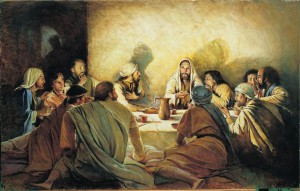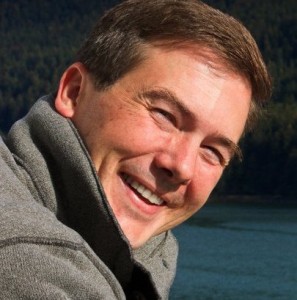What ought we to do if we believe we have received revelation that differs with the united voice of the First Presidency and Twelve apostles?
One of the great strengths–and arguably one of the defining features–of LDS doctrine as a belief in on-going revelation, both to Church leaders and individuals members. Members understand that the revelation they receive is only for their areas of stewardship and responsibility.
What should we do, then, in the case where we sincerely believe we have received revelation that tells us that the highest councils of united Church leaders are mistaken?
I here suggest five important principles drawn from apostles and prophets about such situations, which have blessed my life.
[Read more…] about “What Should I Do If I Think I’ve Received Revelation Different from Apostles and Prophets?”







